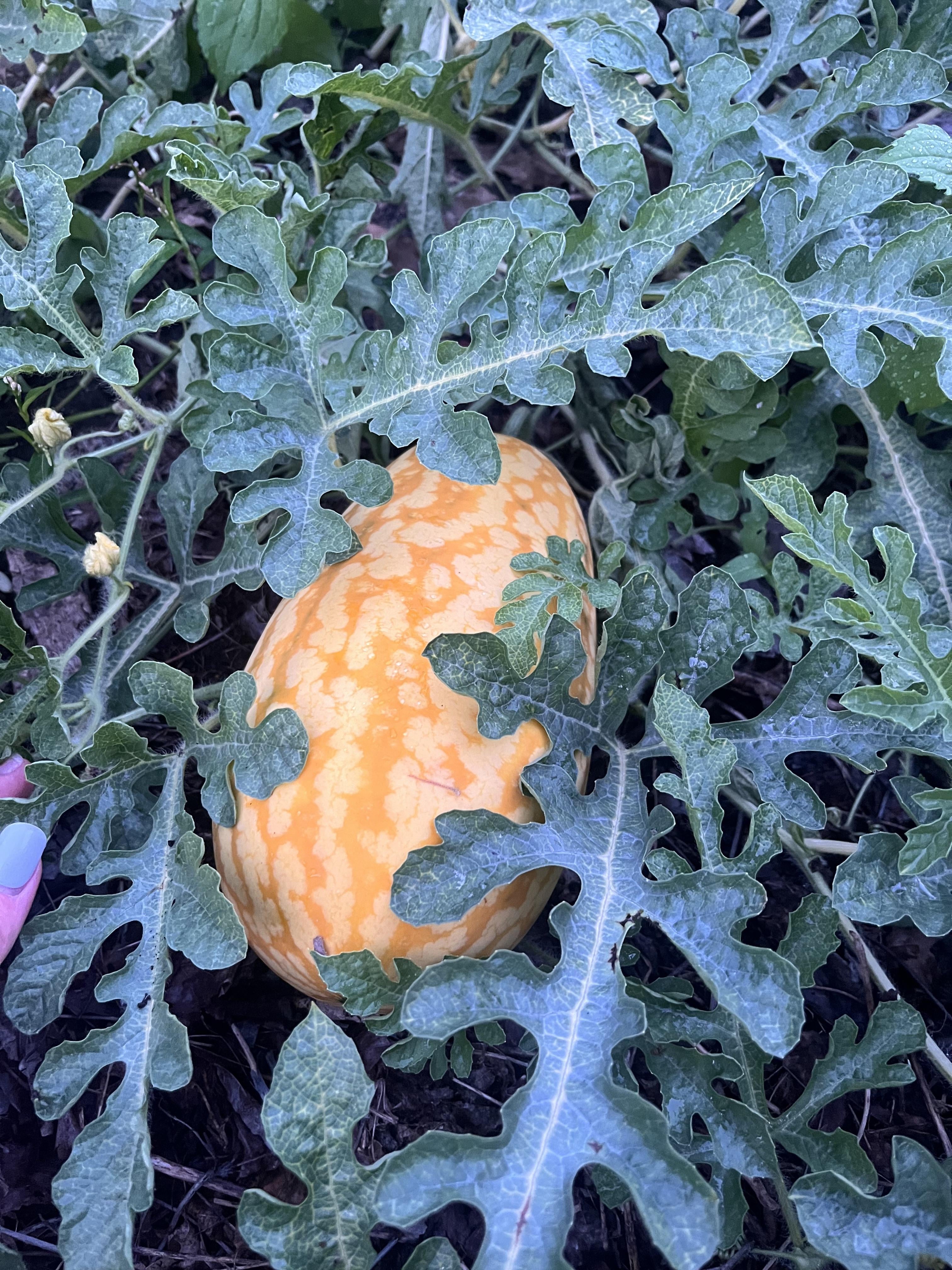the watermelon patch: old ways vs. new tricks
Every summer, when I see my dad tending his watermelon patch, I’m transported back to my childhood in the Midwest. The smell of sun-warmed earth, the sticky sweetness of watermelon juice on my hands—it’s all wrapped up in family tradition. Dad still swears by the old ways: planting by the moon, using compost from our kitchen scraps, and saving seeds from last year’s best fruit. But my daughter, who just moved back from the city, rolls her eyes at these rituals. She’s got apps for tracking soil moisture, buys hybrid seeds online, and insists on drip irrigation to save water. Sometimes I wonder if the new methods are better, or if we’re losing something precious in the process. Here in our North American neighborhood, watermelons are more than just a summer treat—they’re a battleground. Some neighbors complain about the sprawling vines crossing property lines, while others reminisce about the days when everyone shared their harvest. The HOA recently tried to ban front yard vegetable gardens, claiming they’re an eyesore. Dad calls it nonsense, but my daughter worries about breaking the rules. With the weather growing hotter each year, our watermelons ripen earlier, but the fruit is smaller and sometimes split from sudden storms. Is it climate change, or just bad luck? We argue about mulch, shade cloth, and which varieties can handle the heat. Still, when we slice open that first melon, all the debates fade for a moment—until someone brings up the next controversy. Do you stick to the old ways, or embrace the new? Is a messy garden a sign of neglect, or a badge of honor? I’d love to hear your stories, and maybe, just maybe, we’ll find some common ground between the generations. #familygardening #traditionvsinnovation #watermelonmemories #Gardening
2025-06-04
write a comment...
